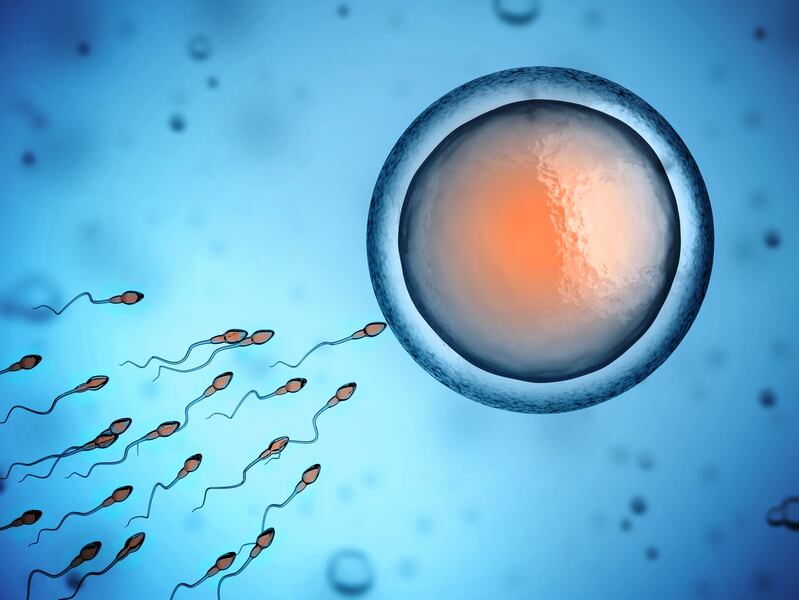The review, conducted by researchers from the University of Aberdeen, acknowledges that some evidence exists that prove medical and nutritional supplements may improve semen parameters.
However, there is limited evidence that supplements lead to better live birth rates, spontaneous pregnancy, or pregnancy following assisted-reproductive techniques.
“The findings should be interpreted with caution as there were some methodological flaws, as a number of studies were judged to be either at high or unclear risk of bias for many domains,” the review states.
Nutritional and herbal supplements such as carnitines, N-acetyl cysteine, and selenium may address male infertility by protecting sperm from the negative effects of reactive oxygen species (ROS).
Zinc and selenium both play a role in testicular function, spermatozoa and oxygen consumption and may help regulate intratesticular testosterone levels.
In addition, some vitamins act as potent antioxidants, inhibiting free radical-induced damage to cell membranes and decreasing seminal ROS.
Coenzyme Q10 (CoQ10) is implicated in mitochondrial energy flow, which is important in sperm maturation.
Review details
Along with colleagues from the University of Aberdeen, senior study author Dr Muhammad Imran Omar began inspecting data from 61 trials that tested a range of drugs and supplements for improving semen qualities and chances of a live birth.
The team focused on the amount of sperm released when men ejaculate; the number of sperm that fit the ideal size and shape and the ability of sperm to move through the female reproductive tract to reach an egg.
Coenzyme Q10, a supplement that has proved beneficial to heart health was linked to sperm count, motility and shape in three of four papers that continued for three to six months. However, the team classed the quality of the evidence as “low”.
A further six studies looked at the amino acid L-carnitine that is used in sports nutrition to reduce muscle soreness and injury. The amino acid has been linked to increased blood flow that contributes to recovery.
Here the research team, noted sperm numbers and motility looked to have improved with L-carnitine supplementation. Sperm size and shape remained unchanged with the term rating the results as of “very low certainty”.
“It has been shown that antioxidants improve spermatogenic function and sperm DNA integrity,” the review pointed out.
“Thus, reducing oxidative stress via nutritional antioxidant supplementation has the potential to improve semen parameters and ultimately pregnancy rates.”
‘Fertility’ potential
The review also noted that “fertility” potential also depended on the fertility status of the female partner, which clearly influenced the outcome of any medical or nutritional intervention in the male partner.
The review gave the diagnosis of relevant female factors such as endometriosis and tubal defects as examples where relatively invasive procedures would need to be performed, which are not routinely reported on.
“Most have only investigated changes to sperm quality and not whether men given these interventions are more likely to get their partner pregnant,” said Dr Allan Pacey, a professor of andrology at the University of Sheffield told Reuters.
“It is a logical assumption that if sperm quality is improved that more babies will follow. But it is just that: an assumption,” added Dr Pacey, who was not part of the research team.
Source: European Urology
Published online: doi.org/10.1016/j.eururo.2018.12.022
“Benefits of Empiric Nutritional and Medical Therapy for Semen Parameters and Pregnancy and Live Birth Rates in Couples with Idiopathic Infertility: A Systematic Review and Meta-analysis.”
Authors: Muhammad Imran Omar et al.


